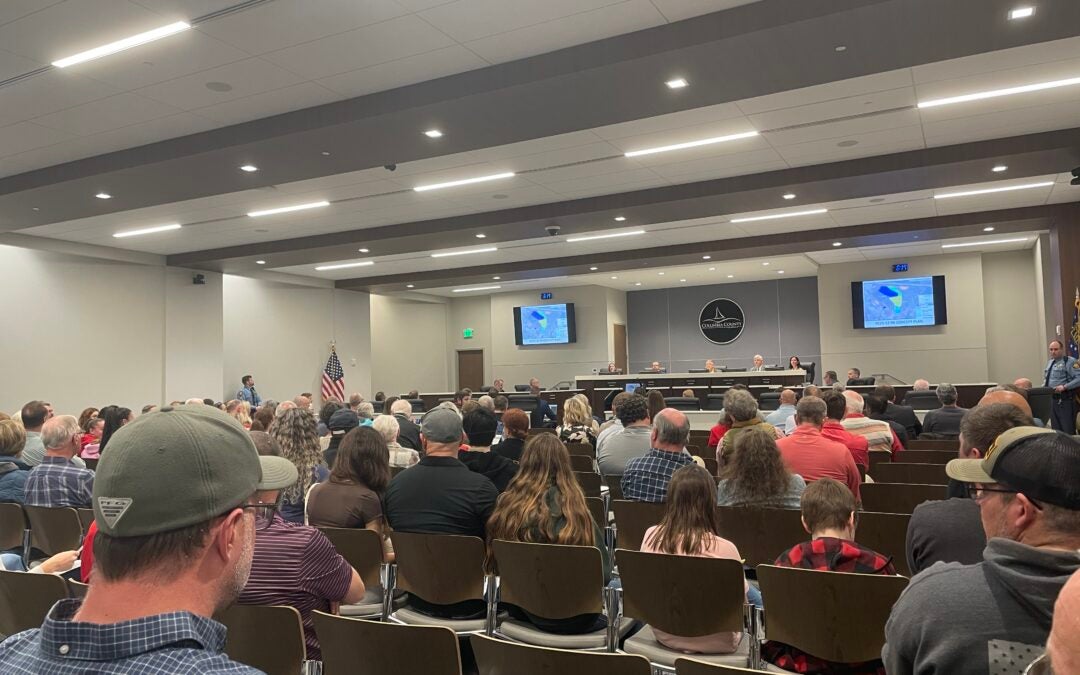The Augusta Commission recently voted to extend the ordinance against aggressive panhandling to cover all of Augusta-Richmond County rather than select portions of downtown, but few actually believe an expanded ordinance will solve the problem.
“How are we going to enforce this county-wide when we are not even enforcing the parking laws?” District 10 Commissioner John Clarke said.
MORE: First Steps in the Effort to Help Augusta’s Homeless
Panhandling has long been a problem in the downtown area. As more and more restaurants opened up with outdoor dining, it became almost impossible to enjoy a meal without being harassed by people begging for change.
Over time, the beggars became more and more aggressive, leading to the city to adopt an ordinance in 2006 that made aggressive panhandling a misdemeanor. The ordinance imposes a fine of up $1,000 or as much as 60 days in jail.
Greg Rickabaugh of The Jail Report said he cannot recall anyone in Augusta being arrested for aggressive panhandling since the ordinance went into effect.
[adrotate banner=”19″]
The 2006 ordinance banning aggressive panhandling was limited to the Augusta Common, an area vaguely described as the “central business district,” and the Armstrong Galleria.
At the time, then-city attorney Steve Shepard warned a county-wide ordinance could be construed as unconstitutional.
However, aggressive panhandling has spread throughout the county, especially at busy intersections such as Peach Orchard Road and Bobby Jones Expressway, where people have been reportedly entering traffic and knocking on car windows.
District 9 Commissioner Francine Scott said that while she has compassion for the homeless, she supported making the ordinance effective countywide.
“When you move them from one place, they just go to another, and it’s not just men. There are women out there panhandling who can be just as aggressive,” Scott said.
[adrotate banner=”28″]
However, Clarke said that while he supports any mechanism to curb the problem, he sees the ordinance as a band-aid measure.
“If you arrest them, then the taxpayers have to pay to house them. If you write them a ticket, and they are homeless, the chance of them showing up to court is less than zero,” Clarke said.
The Supreme Court was once very strict on the issue, ruling in Schaumburg v. Citizens for a Better Environment (1980) that “solicitation for money is closely intertwined with speech… solicitation to pay or contribute money is protected under the First Amendment.”
However, the court has relaxed its position over the years, declining to hear an appeal of Young v. New York City Transit Authority (2d Cir. 1990), which upheld the City of New York’s ban on begging within the city’s subway system.
[adrotate banner=”54″]
In subsequent cases, the court ruled in favor of begging bans at airport terminals, fairgrounds and other public areas.
Richmond County Sheriff’s Chief Deputy Pat Clayton recently spoke to the Augusta Commission about homelessness and the problems regarding panhandling, telling commissioners that there are resources available so that no one has to go hungry, sleep without shelter or go without needed medical care.
Clayton made it clear that the best solution is for citizens to simply refuse to give money to panhandlers.
MORE: Augusta Commissioners Get First Look at Proposed Anti-Discrimination Ordinance
Clarke agrees with Clayton and said that in most cases, the money collected through panhandling is used to fund an alcohol or drug addiction.
“When you give them money, you are likely just enabling a destructive addiction. The best thing to do is politely decline to give them anything and if those people aren’t making any money begging, the problem will diminish,” Clarke said.
Scott Hudson is the Editorial Page Editor of The Augusta Press. Reach him at scott@theaugustapress.com.
[adrotate banner=”45″]












